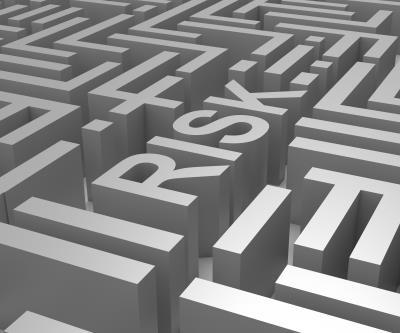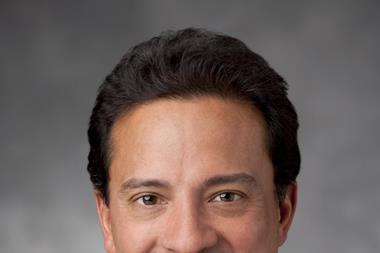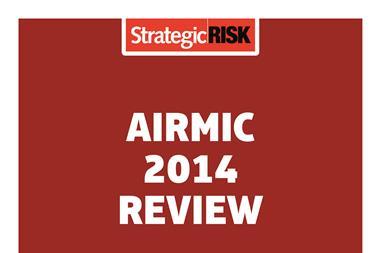A new report by Airmic and IoD warns that business leaders are not doing enough to address global risks

Global risks are among the most dangerous an organisation can face, Airmic chief executive John Hurrell has warned.
Writing in a report published by the Institute of Directors in co-operation with Airmic, he urges companies to take steps to increase their resilience and adaptability.
“Global risks also offer opportunities for well-prepared businesses. The very fact that such risks are systemic means they are likely to affect your competitors as well as you, and then the most resilient companies will survive at the expense of the rest,” he says.
“Those seen to be part of the solution – delivering for customers, employees and other stakeholders despite challenges – stand to reap long-term reputational benefits.”
The report, ‘Responding to Global Risks: A practical guide for business leaders’, analyses the Global Risk Report published by the World Economic Forum earlier this year. It warns that business leaders are not doing enough to prepare for developments such as government debt crises, extreme weather events and social instability.
Hurrell highlights some of the lessons from ‘Roads to Resilience’, the research published by Airmic and Cranfield School of Management in January, in particular the need to be adaptable and develop effective risk radar.
“Although these issues are for the board to address, risk managers have a key role to play in providing information, providing a catalyst for action and ensuring that the necessary controls are in place,” he says.
Other advice to companies:
• Seek to understand the nature and extent of global risks.
• Look at your organisation’s critical dependencies, including people, physical assets, financial support, supply chains and technology, and assess major areas of vulnerability.
• Adopt a strategic approach and appropriate operational tools to build resilience – from scenario planning and business continuity management to people policies – ensuring that robust measures are in place to manage and mitigate the impact of global risks.
• Demonstrate leadership by: clearly taking board ownership of global risk oversight; adopting a strategic mindset that is open to opportunities as well as wise to threats; observing principles of sound governance and regulatory compliance; implementing appropriate internal structures and policies; and adhering to – and communicating – an ethical and sustainable approach.
Elsewhere in the report, Dr Roger Barker, Director of Corporate Governance at the IoD, argues that too often companies focus narrowly on risks that affect their normal activities, and pay too little attention to global dangers, such as societal, geopolitical or environmental issues, which can have equally damaging consequences for the unprepared.




















No comments yet